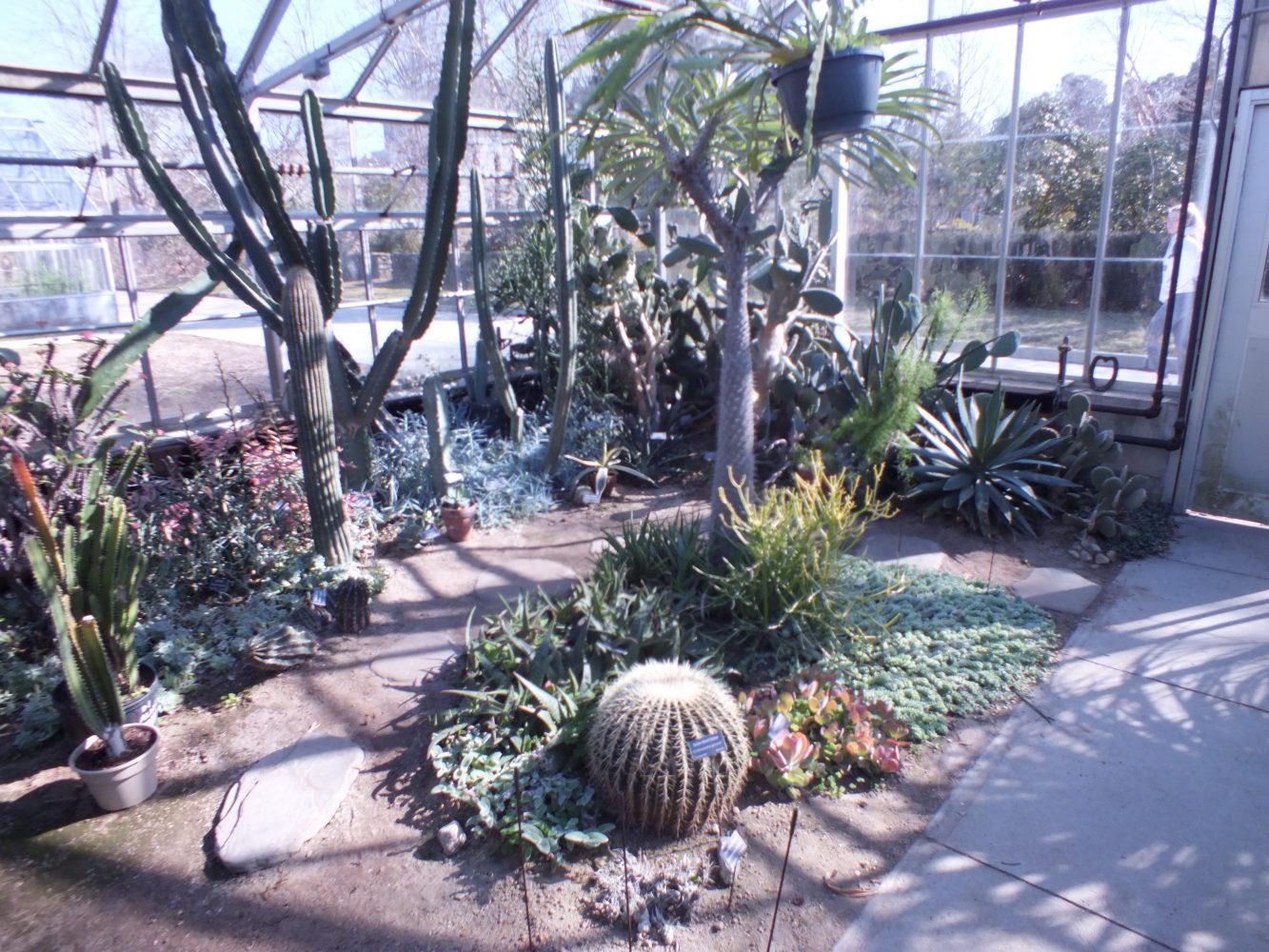Photo by Sarah Vincii |CIGAR| Master Gardener Program offers presentations and education regarding horticulture and garden management.
You don’t need to have a green thumb to grow your own plants or start gardening. The University of Rhode Island’s Master Gardener Program offers free educational presentations open to the public. The program serves to educate people regarding horticulture, garden management and disseminate research based findings. Part of the Agriculture Department’s Cooperative Extension facilitates teaching growers across the state how to tend to their plants and handle difficulties they may encounter.
“The Mallon Center is named after Cathy Mallon, who was the director here in the mid 80s,” said Kate Venturini, a landscape restoration specialist at the Mallon Center. “This place that we operate is part of Cooperative Extension.”
URI is a land grant University, taking on the responsibility of disseminating resources to the public. Every state has a land grant university intended to extend resources to people in the community. Cooperative Extension refers to this mission of branching out, reaching a broader impact and sharing resources. Originally in 1914, extension was a manner of supporting farmers and homemakers, but has grown faster than wild vines.
“Our target audience is everybody off campus,” said Venturini. Part of extension entails bridging knowledge, making connections in Rhode Island communities and supporting growers. We live in an information filled world and it’s not always easy to decipher what’s valuable. Through working together, extension agents can foster positive relationships with growers. For example, Heather Faubert, an extension agent, works hard to help growers combat pests and plant diseases. Far from an easy task, she problem solves, puting research findings to the real test out on the field.
“Beginning this year we are focusing on farm energy…it’s growers’ biggest cost,” said Venturini. Farm energy falls under energy literacy, an understanding of how much energy a building utilizes, like lights, heat, appliances and water. The Mallon Center focuses on five categories to support the community: water resources, energy literacy, land stewardship, food systems and agriculture as well as healthy lifestyles.
“We give out hundreds of thousands of seeds that are donated to us…there are a lot of resources available to people, including students,” said Venturini. Furthermore, the program hopes to eliminate barriers to gardening. For example, they provide free seeds and soil testing. Areas that may be susceptible to contamination may benefit from sending in samples of their soil for verification. Overall, knowledge is empowering, and through learning locals may become equipped with the tools needed to start their own garden.
“Our product is behavior change, generally behavior change to protect the environment,” said Venturini. The center impacts behavior change through training people to work in the community on university approved projects. Their positive change doesn’t only reach adults. Through school gardens and collaboration, young students learn leadership and values through hands-on gardening.
Interested in finding out more? A garden symposium will take place on Saturday March 3rd. This event will be held in the Center for Biotechnology and Life Sciences from 8:30 a.m. – 4:00 p.m. Keynote speakers will be present to share their expertise. Colsten Burrel, a lecturer, photographer and garden designer, Linda Fleming, University of Connecticut’s Master Gardener, and Jeff Gilman, Director of the University of North Carolina’s Charlotte Botanical Gardens and former professor, will provide invaluable knowledge to the public regarding gardening tips. Together they will be providing insight regarding garden layout, combatting insects, and gardening strategies. Additional programs will be available and posted on their webpage: https://web.uri.edu/mastergardener/.
“We inspire kids through field trips and school gardens,” said Venturini. Interested in additional information? Students can email [email protected] to stay up to date. College students can help through working with children in our RI community and supporting extension programs. We are all part of fostering growth and inspiring people to care about where their food comes from. After all, food dictates everything.

